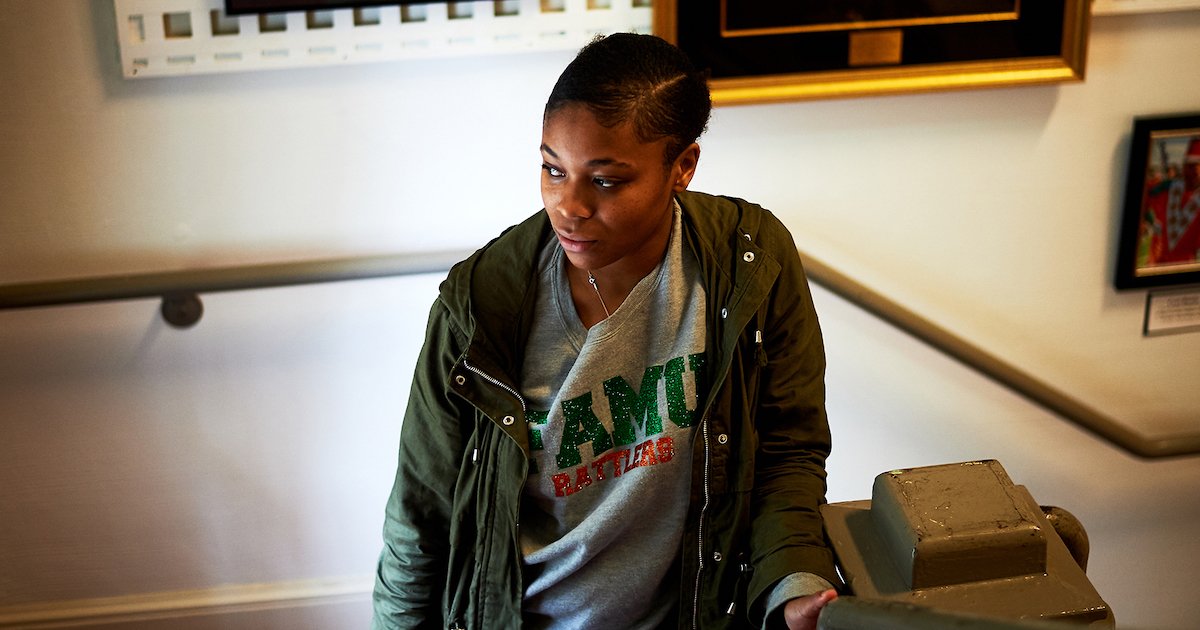[ad_1]
How a scholarship helped — and didn’t help — descendants of victims of the 1923 Rosewood racial massacre.
TALLAHASSEE — Ever since Morgan Carter was a little girl, her grandmother would tell her a story. It was about an old mill town, deep in the backwoods of north Florida — a place where black people did well for themselves. The town was called Rosewood. That’s where Carter’s great-grandfather Oren Monroe was born.
In 1923, when Monroe was 8 years old, an all-white mob burned the town to the ground. They killed six people, maybe more. He escaped with a group of women and children on an unusually cold night, wading through a swamp before boarding a train that took them to a safer place.
Carter was destined to be the story’s happy ending. Because of the pain Monroe’s community suffered, the Florida legislature passed a law in 1994 allowing descendants of Rosewood to go to college in the state tuition-free. The law is regarded as the first instance of a legislative body in the United States giving reparations to African Americans.
By Robert Samuels, The Washington Post
Featured Image, Photography by Zack Wittman
Full article @ The Washington Post
[ad_2]
Source link


